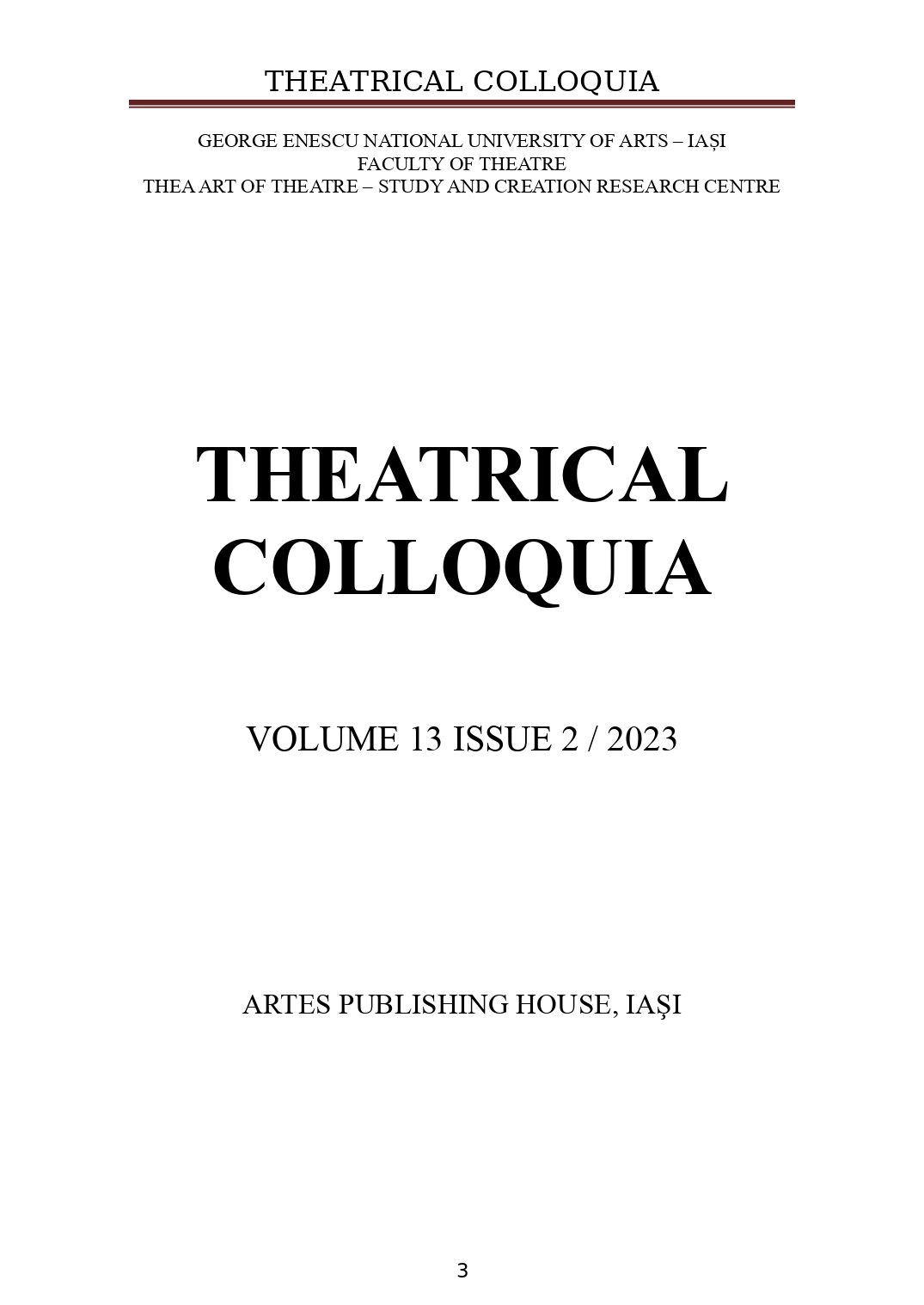Slava's Snowshow and Existentialism
Slava's Snowshow and Existentialism
Author(s): Andreea Darie, Octavian JighirgiuSubject(s): Theatre, Dance, Performing Arts, Fine Arts / Performing Arts
Published by: Editura ARTES
Keywords: clown; existentialism; paradox; playful; freedom;
Summary/Abstract: In a paradoxical manner, the clowns of the Russian creator Slava Polunin evoke Beckett's tramps, even though Snowshow breaks away from existentialism transcending the nonsense of life by mirroring oneself in the other. In the year of its premiere, the show talked about freedom, about that late release from the restraints of a totalitarian regime, about resistance through hope and dreams throughout the difficult communist period. Nowadays, 30 years later, its circumstantially, even historically - dare we say - modified semantics has acquired a deep philosophical substratum. In the connection between Slava Polunin's show and the existentialist movement, we can highlight two distinct plans. First, there is a manifestation of the ontological nonsense within each sequence of the performance, which causes the childish "detours" towards play. Secondly, the existentialism manifests itself through the very structure of the entire spectacular ensemble. It all starts with the clown entering the scene as if in another dimension. Then, the symbolism of the show makes its aesthetics difficult to categorize. The sequentiality that alternates in a versatile way the dreamlike state and the playful one, the oxymoron and the metaphor, manages to transform the stage discourse into a story that you don't know how to grasp, while being, at the same time, hypnotized by it. At the end, we are invited to test in a sensorial manner a passage to another dimension, a possible evocation of dissolution that takes the shape of an overwhelming snowstorm.
Journal: Colocvii teatrale
- Issue Year: 13/2023
- Issue No: 2
- Page Range: 46-58
- Page Count: 13
- Language: English

